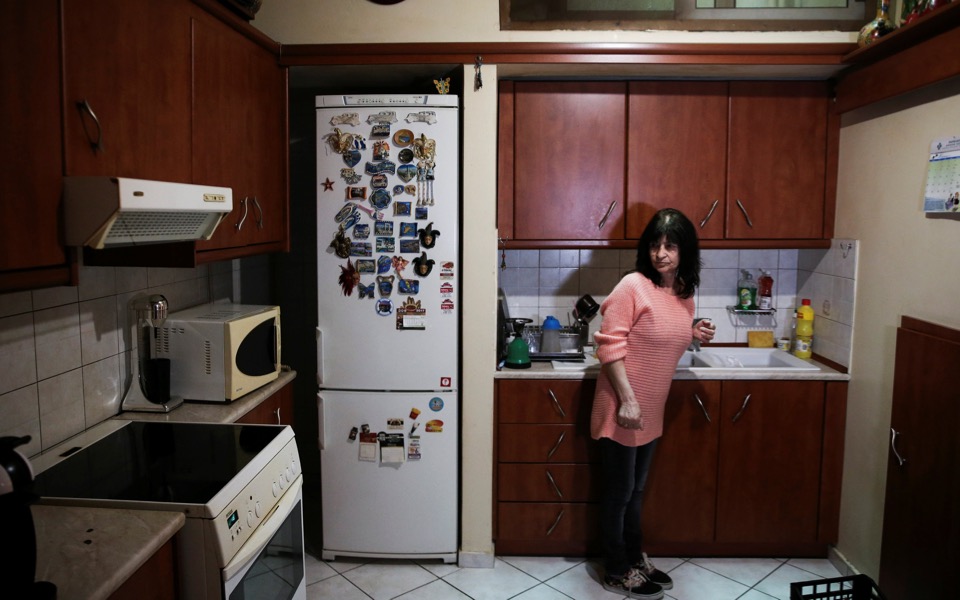Greek average household income fell by 513 euros in 2009-2014, survey finds

The average household income in Greece plummeted by 42 percent, or 513 euros, between 2009 and 2014, according to the latest survey by the Dianeosis nonprofit think tank, which also maps out the impact of the country’s financial crisis based on income and age group, gender, and professional orientation.
The survey, which was led by Polytechnic University of Milan professor Manos Matsaganis and released Monday, shows that the financial meltdown has affected the working population more severely than pensioners, young people more than old, and people with university/higher education more than other groups. It also exposes the changes to the social structure of the Greek population and the growth in inequality as a result of the crisis.
The 42 percent drop in disposable income eclipses the 26 percent reduction in GDP over the same period, the report says, “a fact that can only be attributed to the huge tax increase.”
According to the report, the crisis was felt more profoundly by the working population than retirees. Salaried workers lost 38.6 percent of their income while that of the self-employed shrank 40.3 percent and pensioners saw theirs fall 32.5 percent.
Meanwhile, 18-29-year-olds saw their income slump by 44.8 percent, whereas over-65s experienced a drop of 33.5 percent.
Researchers found that people with a university degree suffered a 45.1 percent loss of income on average against an 37.5 percent decline for people with secondary school education or less.
Additionally, the crisis has hurt foreign residents in Greece, especially EU nationals, comparatively more than Greeks. The income of foreign nationals fell 42.5 percent in 2009-14 compared to 41.7 percent for Greeks.
Foreign nationals also saw their incomes contract 12.8 percent in the period from 2003 to 2009, at a time when Greeks’ earnings rose by 17.4 percent.
Women’s incomes fell 1 percentage point less than men’s. Income losses were greater for families with one or two children compared both to families with more children and those with no children at all.
A chapter of the Dianeosis report is dedicated to salaries. Citing Eurostat figures, researchers say that the average worker’s salary fell by more than one-fifth between 2008 and 2016, or 21.8 percent.





